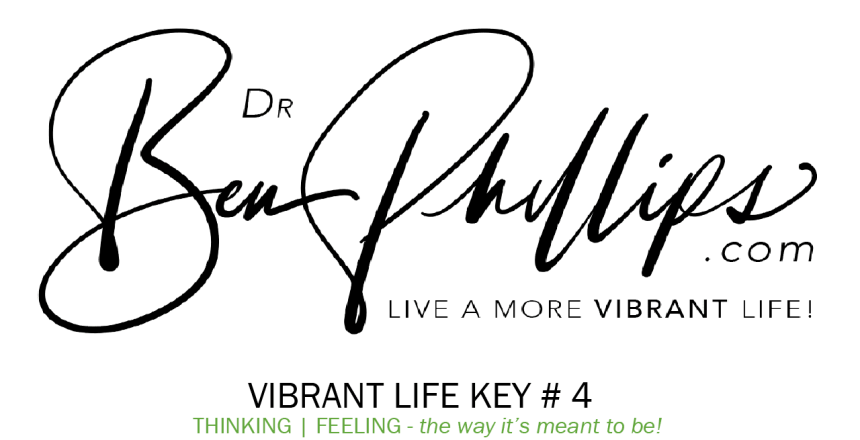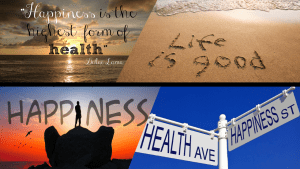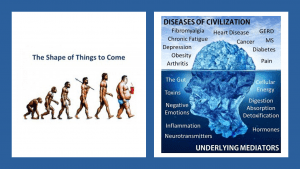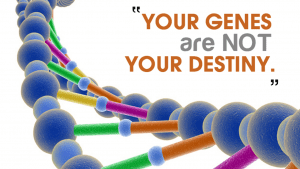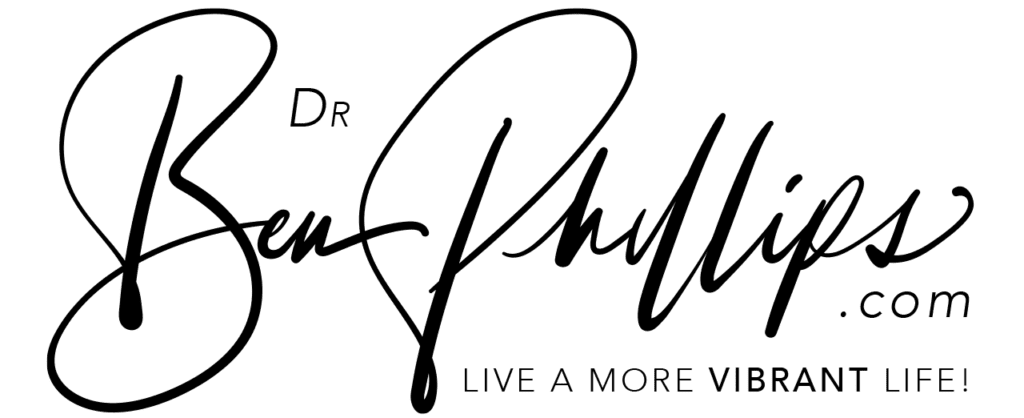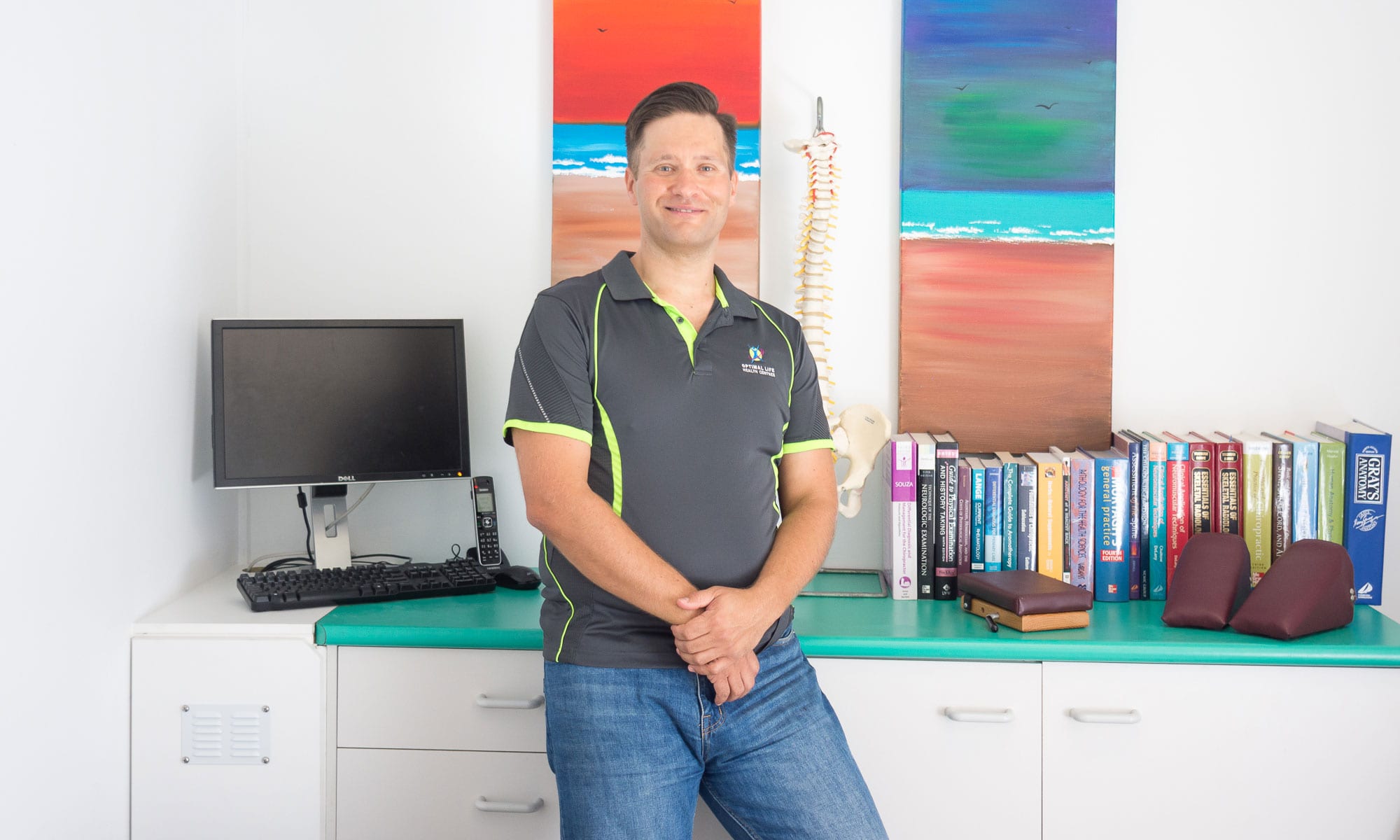Key #4 is about mental and emotional health, they way we think, communicate, are inspired and engage with ourselves – inside our own heads! Thinking and Feeling as a Vibrant Life Key is as much about common mental health issues such as anxiety and depression, general sadness, self-esteem, judgement, grief, guilt, shame, vulnerability, empowerment, confidence, sense of worth.
It’s also about organising time, setting goals and getting clear on priorities.
The Vibrant Life Keys are all about working toward purity and sufficiency, primarily by removing toxicity, and resolving deficiency in PHYSICAL, BIOCHEMICAL, MENTAL-EMOTIONAL and SOCIAL realms or domains.
Chiropractic Care is all about reducing the ongoing toxic stress-load of subluxation and improving the movement capacity of our chronically movement-deprived bodies. While resolving these stresses are a vital contribution toward health and wellbeing, it is not the ONLY stress which MOST of our clients are experiencing in their lives.
There are essential other components of life including mental-emotional challenges, movement and other physical factors, internal chemistry, and the way we interact with their broader community that also become sources of either toxicity, deficiency or both.
If the aim is a complete shift toward better cell function, human beings need to include in their ‘healthstyle’ both knowledge of and action steps toward resolving toxicity or deficiency in the domain of Brain Function.
When implementing change in the area of ‘Brain Function’ we are effectively discussing all of the factors that contribute to stress-load as a result of inappropriate mental or emotional factors.
We are an organism of over 70 TRILLION cells; we have evolved in an environment where each cell has given over a significant amount of autonomy to the central nervous system to sense, control and coordinate activity and life. Consequently each cell requires a particular support by a well-functioning and balanced brain to promote ideal health and function.
Cells are forced to adapt and change their function either because:
- they are TOXIC – being exposed to something that is not appropriate or not genetically required, OR
- they are DEFICIENT – they do not have an essential nutrient or resource, as genetically required for their optimum function
Remember, this is important because sickness results from deficiency and toxicity, the two forms of stress that result in a loss of the healthy state (a movement in function away from your cells operating in what scientists refer to as ‘homeostasis’).
Of course it can be a combination of the two, or it may be that the accumulated load from previous stress is still affecting the cell’s function.
As with the broader conversation about the value of Health & Wellness coaching, we work to help people identify how or where they are experiencing either a toxicity load or a deficiency state in terms of their mental or emotional function. Here we see the use of the terms 'toxicity' and 'deficiency' in a slightly different context - we're talking about too much of the wrong kind of thoughts, emotions etc or not enough of the positive aspects of same – remember than you can also experience ‘toxicity’ and ‘deficiency’ in both INTERNAL CHEMISTRY and PHYSICAL and SOCIAL domains.
The idea of toxicity or deficiency from a mental-emotional standpoint is perhaps more difficult to grasp – too much of something NOT needed, or not enough of something that IS needed.
What we know is that there are a range of ways our conscious and unconscious brain function, our habits, beliefs, thoughts and self-talk can mediate EITHER wellness OR sickness.
Requirements for Ideal Thinking & Feeling
This is one of the most profound and overlooked areas contributing to true healthy function for each of us and individuals and as social groups and society at large.
We are talking about mental, emotional, psychological and mindset characteristics.
Historically we have had profound stigma around talking about mental health or working toward its improvement.
While it is becoming more common and accepted to acknowledge and seek support for overt states of psychological dysfunction – such as anxiety, depression, fears or dualistic states like bipolar, what is not often discussed is how to avoid these states in the first place – what are the requirements we need to live WELL in the mental/emotional domain, not just treat or cure once we’ve lost this wellness!
We can define appropriate thinking and feeling as: “A state of intellectual, emotional and spiritual wellness.”
- Intellectual Wellness: The desire, enjoyment, and practice of lifelong learning about yourself, your world, and your purpose and role in it as well as consistently thinking and acting congruently with your innate values.
- Emotional: Choosing belief systems and internal dialogue based upon the innate values of unconditional love and appreciation of self and others, optimism, and the desire to learn, grow, and define and strive to achieve a life purpose; the regular constructive critique of actions, belief systems and purpose to ensure congruence.
- Spiritual: Consistent exploration regarding the ultimate source of the universe, life, love and consciousness that results in well defined innate personal values and congruent belief systems and a life purpose that enriches your own life and the lives of others.
Some areas that can be addressed to improve your thinking and feeling include:
- Learning and growing! Doing new things stimulates synaptogenesis and neuroplasticity
- Become more comfortable with being uncomfortable, take healthy risks, explore the unknown
- Be open to new ideas or different perspectives
“If you are green, you are growing; but if you are ripe, you are rotting!”
The reason most people feel they CAN’T change
is they have LOST credibility with themselves!
- Having clear, well defined goals and a personal purpose that drives what you do in life. This includes your desires and dreams about areas of life such as finances, career, material possessions and more.
- Developing a strong, capable, loving sense of self and your identity, separate from the ‘roles’ you play in life.
- Understanding and ‘owning’ your worth and worthiness.
- Becoming clear on the values you use to drive the decisions you make.
- Understanding negative self-talk, what causes it, and how to re-frame it or replace it with positive language and reinforcement – sometime affirmations are a good option for people here.
“Many of us give ourselves more abuse internally, than anyone else ever could from the outside”
- Understanding what self-esteem truly is, and how to feed your own esteem without having to always reference outside of yourself, seek adulation or confirmation from others, self-judge or judge others.
- Live with dignity, appreciate your achievements, work toward mastery in whatever you do, establish independence.
- Appreciating what is required for you to truly empower yourself and/or others
- Learning how to motivate and/or inspire yourself.
- Developing resources that allow you to approach situations in life with confidence.
- Understanding how you feel love – what it means for you to feel loved by others, and how you can give love to yourself – there are different ‘languages’ by which people give and receive love
- Learning how to plan and organise oneself so life doesn’t have such a sense of urgency
- Developing and actually IMPLEMENTING stress-reduction or relaxation strategies such as meditation, journalling, being in nature, physical movement, gratitude exercises and more
- Finding ways to deal with and appropriately de-fuse or release anger, frustration, sadness, fear, loss, worries and other negative emotion
- Clearing deep emotional scars or wounds, or being willing to explore them instead of ignoring them – this stuff gets stored in your physical body anyway!
A profound area is to be willing to explore the origins of your belief systems – to see where they came from, what formed them, are they accurate and do they still serve you!
There are many health professionals who can help in this area – from counsellors, psychologists and psychiatrists, through to life-coaches, kinesiologists and more. There is a huge field of ‘personal growth’ seminars and workshops that offer help to change in this area.
Chiropractors are well-suited to provide very general advice, and some have studied specific techniques to work on emotional traumas or blocks.

